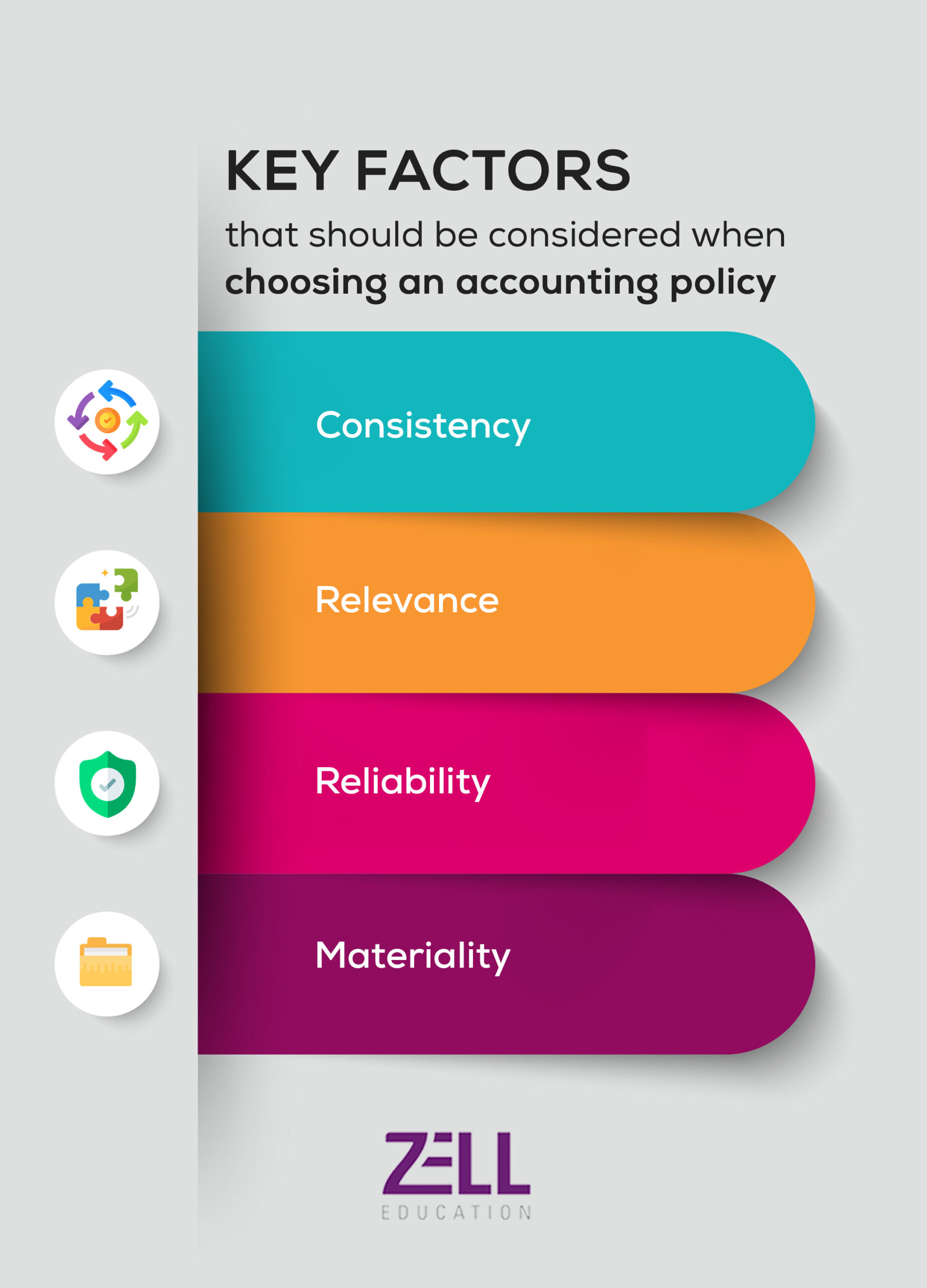Accounting policies are a major part of any organisation; they are the general guidelines by which every company operates. They help companies make sure that reporting is correct and up-to-date financially. IFRS means International Financial Reporting Standards, which are the guidelines that organisations use to make financial statements worldwide. This blog post goes on to explain what accounting policies mean when referring to IFRS and why choosing the right accounting policy is essential.
What is IFRS?
International Financial Reporting Standards (IFRS) refers to the set of recognised accounting standards globally, which were developed to ensure consistency and comparability in financial reporting across the world. IFRS is established by the IASB to provide bases for the companies to set up financial statements. All these factors allow investors, as well as other regulators and other stakeholders, to analyse and draw comparisons in regard to financial information. They reflect the fundamental principles and convey the realities of organisations by using concepts related to fair value accounting, as well as revenue recognition.
The adoption of IFRS encourages uniformity in financial reporting worldwide, especially for the cross-border multinational companies as well as for foreign investors. Adhering to the businesses helps them develop their credibility because stakeholders learn to trust more in transparent financial reporting while attracting investments from the foreign side. Even though more than 140 countries have adopted IFRS, some countries, such as India, have harmonised their accounting standards, called Ind AS, to maintain consistency with global financial practices.
Here you can also read about IFRS Certification Course: Should You Apply or Not?
Got Questions Regarding The IFRS Course?
Click Here for a Free Counselling Session
IFRS and Accounting Policies
Diploma in IFRS provides guidance on a range of accounting policies, including recognition, measurement, and disclosure of assets, liabilities, income, and expenses. The purpose of IFRS is to achieve global acceptance by providing a standard on financial reporting that fosters transparency and comparability. This is essential for organisations because it acts as a benchmark in aligning with IFRS guidelines in making sure financial reports are valid and can be compared to those other organisations are issuing.
Choosing the Right Accounting Policy
Accounting policies are critical in accurate financial reporting. Organisations must consider the nature of business, the economic environment, and their specific accounting needs before selecting an accounting policy. Some of the most key factors that the organisations need to consider in selecting the accounting policy include:
Consistency: Accounting policy should be followed throughout the time to ensure the consistency in financial reports.
Relevance: The accounting policy should be relevant to the organisation’s business operations and the economic environment.
Reliability: The accounting policy should provide reliable and transparent financial information.
Materiality: The accounting policy should be appropriate for the organisation’s size and the impact of the accounting treatment on the financial statements.
Key Factors to Consider while Choosing Accounting Policies
Accounting policies that the entity adopts using IFRS have to take all of this into consideration in the pursuit of financial reporting that is accurate, consistent, and transparent. The factors include the following:
Relevance to Stakeholders
The chosen policy ought to be helpful in enabling users to evaluate the company’s health and performance appropriately.
It must assist the stakeholders, including investors, creditors, and regulators, to determine the financial status and position of the business.
Conformity to IFRS Standards
The policy should be aligned to the IFRS requirements and principles.
When a particular IFRS standard does not exist, companies should consult the IFRS guidelines and general accounting principles.
Comparability Through the Reporting Periods
A policy, once adopted, should be applied consistently to ensure that there is comparability among financial statements.
Policies can only be changed if they result in better compliance with IFRS or make financial statements more useful.
Industry-specific Practice
Use of industry-specific best practices helps in comparisons with the companies.
Some IFRS standards may provide scope for flexibility that is suitable to specific industries.
Impact on Accounts Balance Sheet
Assess the impact on the major variables: profitability, asset value, and liabilities in terms of the modification of accounting policies.
Concerns in tax reports and loan covenants, investor psychology, etc. should be taken care of.
Judgements and Estimates
All policies are highly judgemental as well as estimative in nature.
Policies ought to be founded based on reasonable assumptions supported with any available information so as to minimise error and biases.
Audits and Regulatory Concerns
The policy that has been selected will survive the tests of auditors and other regulatory bodies.
Changes in Future Business Operations
Address changes in business operations in the future resulting from new regulations, market trends, or strategies for business operations.
Choose a policy that is flexible without compromising compliance.
Lost On How To Start Your Career In Accounting?
Book Your Free Counselling Session Today!
Conclusion
In conclusion, accurate and proper financial reporting is heavily dependent on the accounting policies chosen. Therefore, for an organisation, selecting any accounting policy requires careful consideration of all criteria. IFRS elaborates on a variety of accounting policies available, and an organisation would have to adhere to that in order to meet global criteria for financial reporting. Ultimately, the right accounting policy facilitates the provision of reliable and clear financial information to investors, creditors, and other interested persons.

